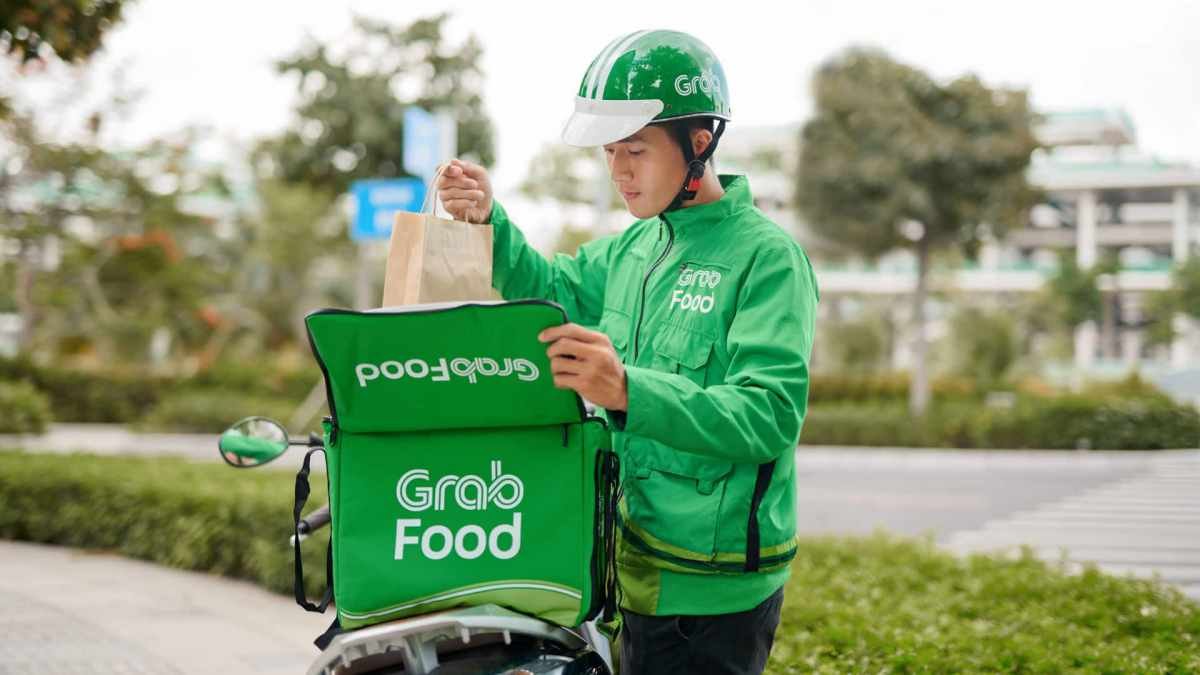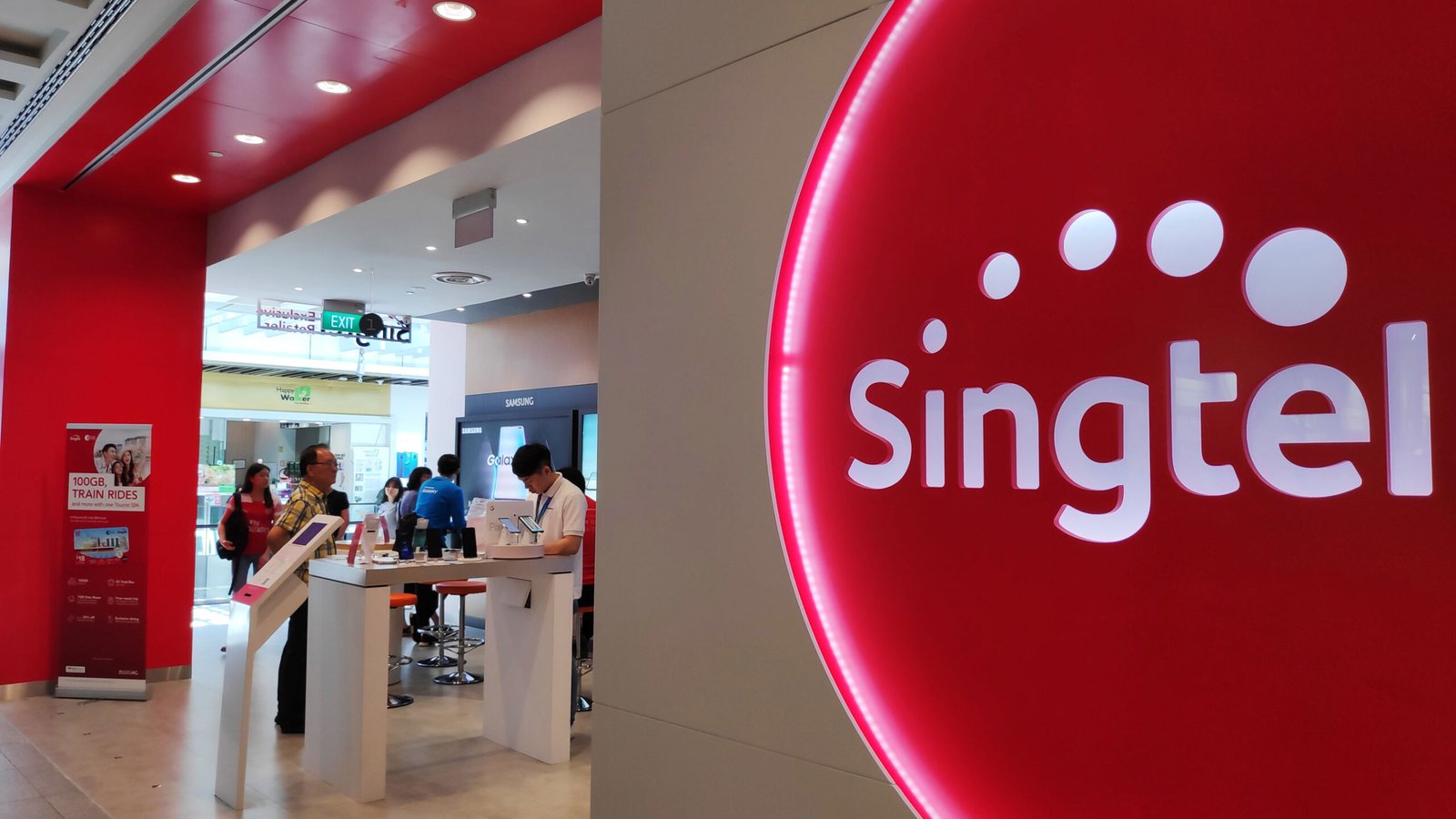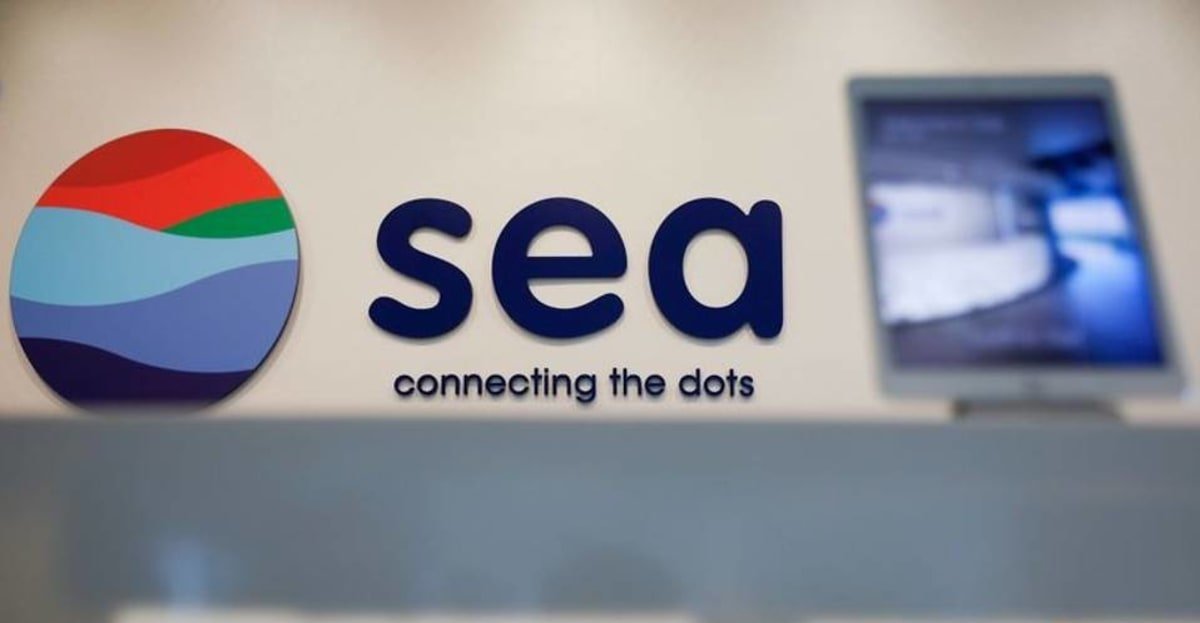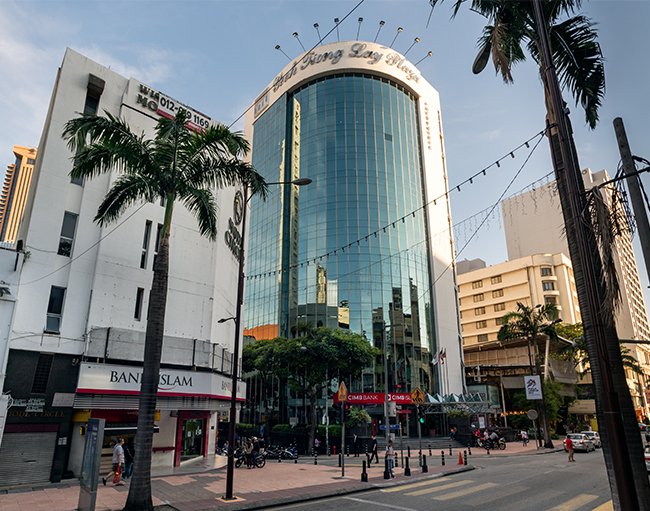As a consumer, I can’t even fathom the act of going into the Bank branch to deposit or enquire about stuff. In fact, I think I haven’t even gone into a physical bank outlet for over 5 years.
Traditional banking is so ‘passé’ that everyone is focused on Digital Banking these days since you can have a complete banking experience done digitally, doing away with all the paperwork like cheques, pay-in slips, demand drafts etc.
Hence, it is a real game-changer for companies who are able to win the Digital Bank licenses.
Malaysia Digital Bank Licenses
A digital banking license will allow non-bank companies to offer financial services through digital platforms, meaning customers can open accounts and make loan applications without the hassle of going to a physical bank.
The licenses also come without some of the capital requirements and other regulations of traditional banks.
A total of 5 banking licenses were awarded by the Central Bank of Malaysia on Friday (Apr 29) to the groups of companies namely:
- Consortium of Boost Holdings Sdn Bhd (Axiata) and RHB Bank
- Consortium led by GXS Bank Pte Ltd (Grab and Singtel) and Kuok Brothers Sdn Bhd
- Consortium led by Sea Ltd and YTL Digital Capital Sdn Bhd (a subsidiary of YTL Corp)
- Consortium of AEON Financial Service Co Ltd, its subsidiary AEON Credit and MoneyLion Inc
- Consortium led by KAF Investment Bank Sdn Bhd.
You may have heard of some of the companies involved as they are renowned companies in Southeast Asia. Nonetheless, we will also do a quick dive into these companies.
#1 Grab Holdings (Nasdaq: GRAB)
Grab is a leading superapp in Southeast Asia, providing everyday services such as mobility, deliveries and digital financial services to millions of Southeast Asians.
It is very likely that you have used one of its services before. It could be food delivery, calling a grab driver or parcel delivery. Grab has become a part of our daily lives.
As with all growth companies, Grab is still loss making. It has increasing losses in latest year (with last 3 unprofitable years) and has weak financial strength with a Piotroski F-Score of 0-2.
Moreover, the company has negative cash flow from operations in most recent year. A bright spot is that its ROA is improving by 10% a year over the past 24 months.
Grab Holdings has fallen sharply since its SPAC listing and last closed at US$2.49. That translates into a lofty Price/Sales ratio of 11.94x at the moment.
#2 Singtel (SGX: Z74)
Singtel is Asia’s leading communications technology group and one of the three major telcos in Singapore.
Together with Optus and our regional associates Airtel, AIS, Globe and Telkomsel, it provides an extensive range of telecommunication and digital services across 21 countries.
As the telco industry continues to be increasingly disrupted, Singtel has borne the brunt of it. Its 10 years’ revenue and profits have been flat over the 10 years too.
Revenue dropped from $16.5 billion in 2020 to $15.6 billion in 2021, whilst profits dropped from $2.46 billion to $1.73 billion. A bright spot is that it has consistently high gross profit margin of at least 40% for 3 years.
Singtel last closed at $2.77 with at a P/E of 44x and dividend yield of 2.49%.
#3 SEA Limited
Sea Limited is a leading global consumer internet company founded in Singapore. SEA operate three core businesses across digital entertainment, e-commerce, as well as digital payments and financial services, known as Garena, Shopee, and SeaMoney, respectively.
Garena is a leading global online games developer and publisher. Shopee is the largest pan-regional e-commerce platform in Southeast Asia and Taiwan. SeaMoney is a leading digital payments and financial services provider in Southeast Asia.
SEA limited has been around for many years and are still growing rapidly. Its revenue increased almost two fold from $4.39 billion to $9.96 billion.
As with all growth companies, SEA still has negative free cash flow for the most recent year. What is encouraging is that it has good cash ratio of at least 0.8 for 2 consecutive years.
SEA last closed at $82.76 and sports a Price/Sales ratio of 3.46x after falling more than 70% in the past few months.
#4 YTL Corporation Berhad (KLSE: 4677)
YTL Corporation Berhad is an integrated infrastructure developer with extensive operations globally including Malaysia, Singapore. It owns a total assets of RM72.1 billion (USD17.2 billion) as at 31 December 2021.
There are many business segments for the YTL conglomerate which comprise of utilities, construction contracting, cement manufacturing, property development and more.
As with all property developers, YTL has high debt to assets for the most recent year and has high debt to cash flow for most recent year at 15.46X.
As a result of this, the dividends have been decreasing over the past 60 months and the company has below average financial strength (Piotroski F-Score of 3-4) too.
YTL last closed at MYR 0.64 and is trading at a 0.58x P/NAV. It offers a decent dividend yield of 3.94% too.
#5 Aeon Co (KLSE: 6599)
Aeon is a conglomerate that manages the business activities of a company that operates retail, developers, finance, services, and related businesses by holding shares or interests in the company. Its parent is headquartered in Japan, and has many operations throughout Asia.
Aeon Co is probably still reeling in from the effect of Covid-19 as its revenue dropped from $4.05 billion in 2020 to $3.63 billion in 2021.
That said, it is admirable that it has reduced its debt to cash flow from 12.6X to 4.9X in the most recent year. Earnings also more than doubled from $41 million in 2020 to $85.2 million in 2021.
Aeon Co last closed at MYR 1.63 and that values it at a P/NAV of 1.2x and sports a dividend yield of 1.84%.
>> Read more about the company here.
Billionaire Warren Buffett is arguably the most successful investor of all time.
Learn the secrets to Warren Buffett’s investment success by downloading the Free Guide below:





